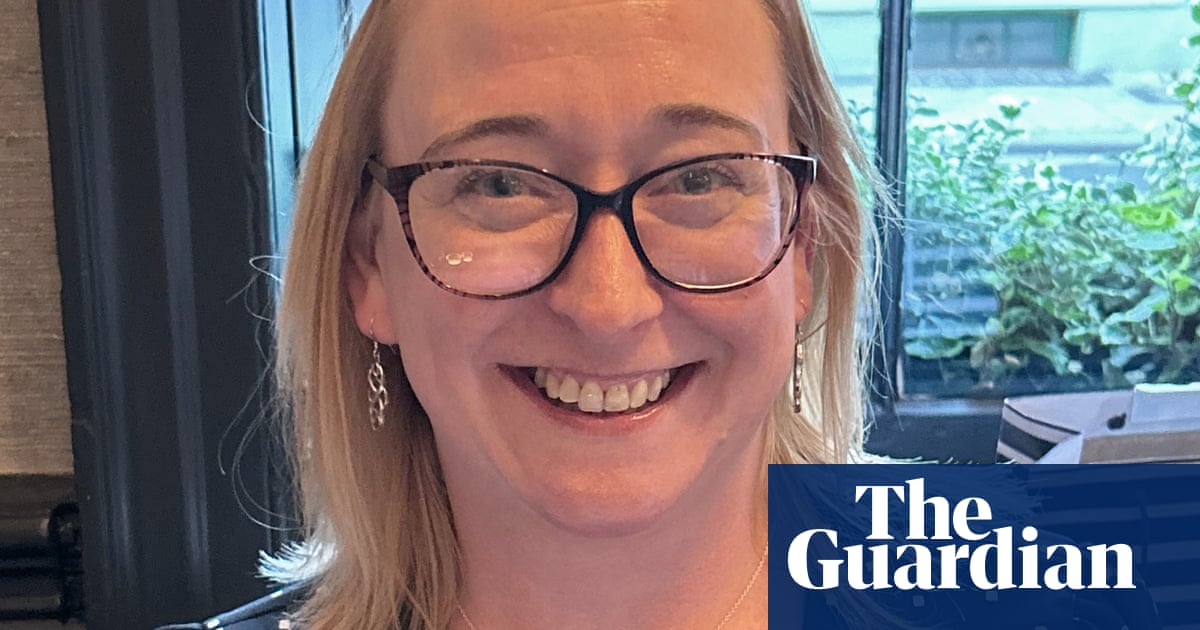Employers wishing to recruit engineers, IT workers and telecommunication staff from abroad will have to show they are investing in domestic workforce training under plans to reduce net migration to the UK.
A government white paper to be published early next week is expected to outline new requirements for specific sectors thought to be too reliant on foreign workers.
These companies would have to show they are investing in training – for example by increasing the number of apprenticeships – to continue employing overseas staff.
The white paper is designed to tackle record levels of overall migration, which soared to more than 900,000 a year under the last government.
Keir Starmer, the prime minister, is under pressure to cut the figures after the success of Nigel Farage’s Reform party in last week’s local elections.
The home secretary, Yvette Cooper, last year commissioned independent advisers to review hiring practices at technology and engineering companies to assess their reliance on skilled worker visas.
The migration advisory committee was asked to find out why the sectors depended on international recruitment and to what extent training, pay and conditions had driven these shortages. The committee was due to reply by 6 May.
Government sources denied reports that migrants would have to learn a higher standard of English under measures in the white paper.
They said there was “no plan” to introduce a tougher foreign language exam, known as a B2, for people coming to the UK for work.
Cooper is expected to move away from the Tories’ policy of focusing restrictions on low-skilled workers such as care and health staff and is instead examining relatively well paid, highly skilled areas.
Net migration, or the number of people coming to the UK minus the number leaving, rose to a record 906,000 in the year to June 2023 before falling to 728,000 in the 12 months to last June.
Rules introduced by former prime minister Rishi Sunak in an attempt to reduce migration levels contributed to the fall.
after newsletter promotion
His Conservative government increased the minimum salary for skilled overseas workers from £26,200 to £38,700 and banned care workers from bringing family to the UK.
People from selected countries will be earmarked for additional restrictions, government sources said.
Data disclosed by the Home Office in March showed that, of asylum seekers who entered on a visa but ended up in government accommodation, the most common home countries were Pakistan, Nigeria and Sri Lanka.
Officials are working with the National Crime Agency to build a database of applicants from countries that are the source of most asylum claims. Nearly 10,000 asylum claimants who arrived in the UK legally on work or study visas were living in taxpayer-funded accommodation, such as hotels, at some point last year.
Experts have questioned whether the government would succeed in building such a database and said it could lead to “arbitrary” outcomes.

 3 hours ago
4
3 hours ago
4













































